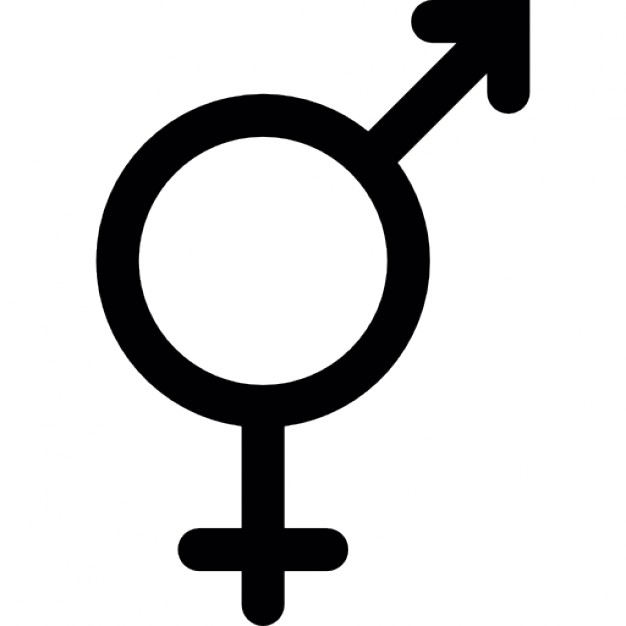The Council of Europe’s Group of States against Corruption (GRECO) has published today its fifth round evaluation report on Estonia dealing with corruption prevention in central government (top executive functions) and law enforcement agencies.
The comprehensive legislative framework in place in Estonia to prevent corruption amongst all officials, including in government and the law enforcement, and online tools made available to all officials provide a sound basis for preventing corruption. At the same time, GRECO’s report points to a number of areas where improvements should be made to further enhance the effectiveness of the country’s preventive efforts specifically in respect of government officials with top executive functions and law enforcement personnel.
GRECO underlines that the current lack of a code of conduct that would cover all relevant government actors (ministers, senior civil servants and political advisers) needs to be addressed: clear standards should be laid down on risks of conflicts of interest arising specifically in the government context and be illustrated with concrete examples. These standards should be made clear to ministers and political advisers straight upon taking up their positions. In addition, political advisers should undergo integrity vetting as part of their recruitment process and, like ministers and senior civil servants, should submit declarations of interests so as identify any conflict of interest. Furthermore, GRECO acknowledges the good level of transparency of the legislative process in Estonia, but considers that the lack of rules on reporting and disclosing contacts of ministers, senior civil servants and political advisers with lobbyists/third parties that seek to influence the public decision-making process constitutes a gap to be filled in order to further improve transparency. Similarly, rules ought to be adopted to prevent risks of revolving doors when government officials leave their functions to work in the private sector with a view to avoiding, for instance, that they engage in lobbying the government or accept employment in a sector which was previously within the remit of their government duties straight after leaving government.
As for the Police and Border Guard Board, GRECO finds that strong practice to prevent corruption within its own ranks has built up over the last years, which has led to an increased level of public trust. However, more attention needs to be paid to the increasing number of police officers taking up secondary employment in addition to their regular police work and the type of employment they take after they leave the Police and Border Guard Board, to make sure that all conflicts of interest are prevented. Estonia is also asked to review the safeguards in place to ensure independent investigations into police complaints, when it is the “police investigating the police”. In addition, GRECO calls for improvements regarding the appointment process of the Director General of the Police and Border Guard Board, rotation of police staff working in areas exposed to particular risks of corruption and the protection of whistleblowers. Finally, the report welcomes that Estonia reportedly has the highest percentage of women in the police services in Europe. That said, GRECO finds more could be done to improve a gender-balanced representation at higher levels of management of the police.
In 2020, Estonia will be required to report back to GRECO on the measures it has taken to implement the recommendations contained in the evaluation report.
- Link to the Fifth Round Evaluation Report on Estonia







